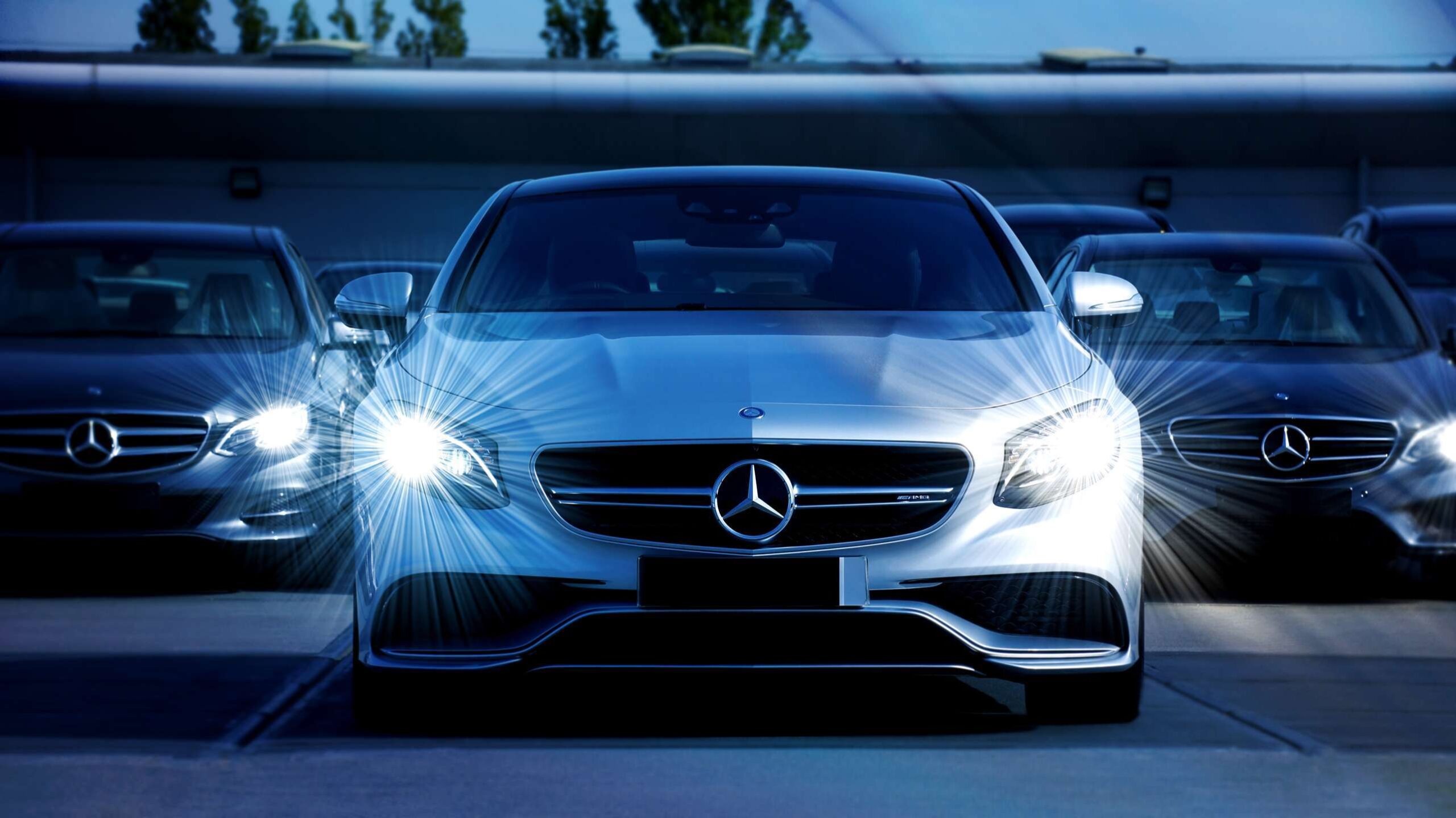Dry-Coating Battery Technology: Enhancing the Future of Electric Vehicles
Electric vehicles (EVs) are revolutionizing the automotive industry, offering a sustainable alternative to traditional internal combustion engine vehicles. Central to this transformation is the advancement of battery technology, which directly influences the range, efficiency, and overall performance of EVs. One of the most promising innovations in this realm is dry-coating battery technology. This breakthrough method holds the potential to significantly enhance the capabilities of EV batteries, making electric vehicles more viable and appealing to a broader audience.

Understanding Dry-Coating Technology
Traditional lithium-ion batteries rely on a liquid electrolyte to facilitate the movement of ions between the anode and cathode during charging and discharging. This process, while effective, presents several challenges, including safety concerns due to flammability, limited energy density, and complex manufacturing processes.
Dry-coating technology, on the other hand, involves applying a solid-state electrolyte in the form of a dry powder to the battery’s electrodes. This method eliminates the need for liquid electrolytes, offering several key advantages:
1. Improved Safety: Solid-state electrolytes are inherently safer as they are non-flammable and more stable under varying temperatures and conditions.
2. Enhanced Energy Density: Dry-coating can facilitate higher energy density, allowing batteries to store more energy in a smaller and lighter package. This directly translates to longer driving ranges for EVs.
3. Simplified Manufacturing: The dry-coating process is less complex and can be more environmentally friendly, reducing the need for harmful solvents and cutting down on production steps and costs.
Benefits of Dry-Coating Technology for Electric Vehicles
1. Increased Driving Range
One of the primary concerns for EV owners and potential buyers is the vehicle’s driving range. Dry-coating technology can significantly increase the energy density of batteries, allowing EVs to travel farther on a single charge. This improvement addresses one of the biggest barriers to widespread EV adoption, providing consumers with the confidence that their vehicles can handle longer trips without frequent recharging.
2. Faster Charging Times
Higher energy density also means that batteries can charge more quickly. With dry-coated batteries, EVs can achieve shorter charging times, making them more convenient for everyday use. Rapid charging capabilities are crucial for the practicality of EVs, reducing downtime and enhancing the overall user experience.
3. Enhanced Safety and Longevity
Safety is a critical consideration for any vehicle, and EVs are no exception. Dry-coated batteries are less prone to overheating and thermal runaway, significantly reducing the risk of fires and other safety hazards. Additionally, these batteries tend to have a longer lifespan, retaining their capacity and performance over more charge-discharge cycles. This durability makes EVs more reliable and cost-effective in the long run.
4. Environmental Impact
The production of traditional lithium-ion batteries involves the use of toxic solvents and generates significant waste. Dry-coating technology, with its solvent-free process, is more environmentally friendly. By reducing the ecological footprint of battery manufacturing, this technology supports the broader goal of sustainability that drives the shift towards electric vehicles.
Challenges of Dry-Coating Battery Technology
While dry-coating technology offers numerous benefits, it is not without its challenges. The primary hurdles include ensuring uniform coating thickness, achieving good adhesion of the dry particles to the electrode, and scaling up the manufacturing process to meet industrial demands.
Researchers and companies are actively working to overcome these obstacles. Continuous advancements in materials science and engineering are paving the way for more efficient and cost-effective dry-coating methods. As these technologies mature, we can expect to see them integrated into mainstream battery production, accelerating the adoption of electric vehicles worldwide.
Overview
Dry-coating battery technology represents a significant leap forward in the evolution of electric vehicles. By enhancing safety, energy density, and environmental sustainability, this innovation addresses some of the most pressing challenges facing the EV industry today. As research and development efforts continue, dry-coating technology holds the promise of making electric vehicles more efficient, accessible, and appealing to a global audience, driving us closer to a greener and more sustainable future.
















